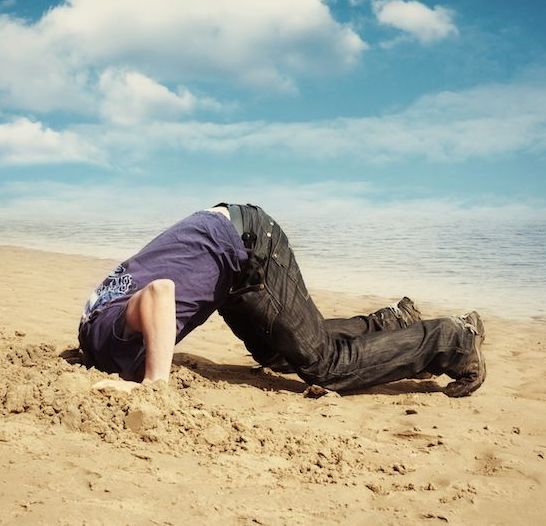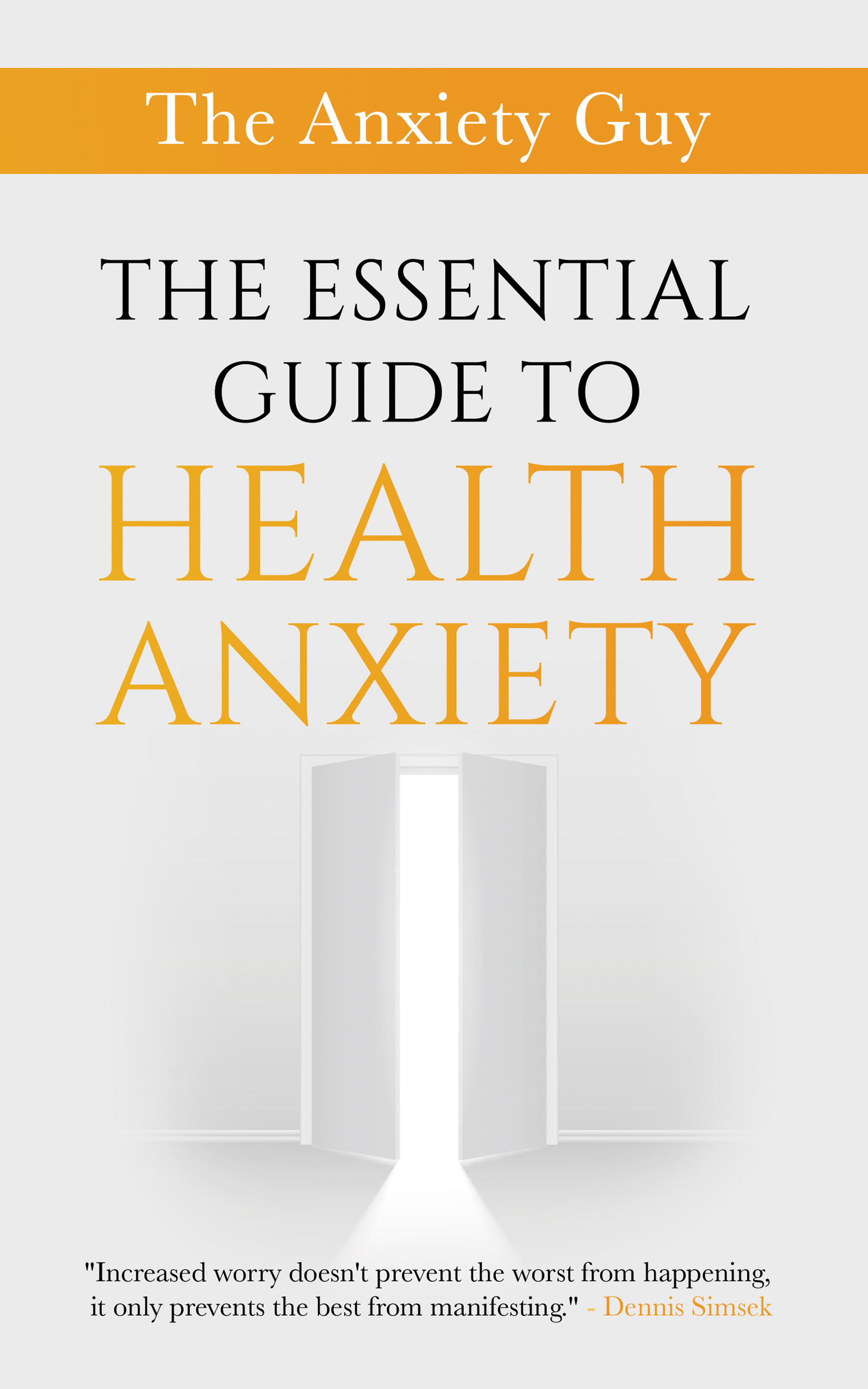“Fear Is Not The Enemy. It Is A Compass Pointing You Towards The Areas You Need To Grow.”
Agoraphobia is a kind of anxiety disorder marked by fear and avoidance of situations or places which may cause a person to experience panic or to feel helpless, trapped, or embarrassed. The fear can be about an anticipated or actual situation, like being in an enclosed or open area or in crowded places, using public transport, and/or standing in a queue.
Anxiety associated with agoraphobia is triggered by the fear that there may be no one to help or no way to escape a specific situation which causes panic. In most cases, sufferers usually develop agoraphobia after experiencing one or more instances of panic attacks in a particular situation or place. Subsequently these people avoid such places due to fear and worry about experiencing another episode of a panic attack.
Agoraphobia sufferers usually find it very difficult to feel safe in any kind of public area, particularly in places where crowds get-together. People may want a friend, relative, or any other companion to accompany them in such public areas. The fear can be so extreme that agoraphobics may even feel as if they cannot leave their homes. This can prevent them from achieving their dreams and goals.
Symptoms of Agoraphobia:
- Waiting in queue, crowds
- Leaving home unaccompanied
- Using bus, train, plane, or other forms of public transport
- Enclosed places like elevators, theaters, etc.
- Open areas like malls, parks, etc.
The above scenarios may cause anxiety due to the fear that they may not find help, or be able to escape that situation or place whenever panic hits.
Agoraphobia can seriously restrict the daily activities of a person. In severe cases, sufferers may find it very difficult to even leave their homes. Some affected people may stay housebound if they do not seek help based around CBT. People may not be able to go to work or school, visit friends or family, do daily outdoor chores, or participate in routine activities of life. Some may even become heavily dependent on others for assistance.
All these factors can not only hamper the quality of life, but can quickly crush a person’s dreams.
Causes and Treatments for Agoraphobia
Some factors which may play a role in occurrence of agoraphobia include biological factors like genetics and underlying health disorders; environmental stress; temperament; and learning and comprehension experiences.
Agoraphobia-associated fear can have a drastic effect on a person’s ability to sustain a high standard of life. Going outside and meeting people may become nearly impossible. People may find it difficult to enjoy new things or activities and may find it even harder to sustain their physical and mental health.
Agoraphobia is different from social phobia. The latter refers to fear of social situations, while the former points to feeling of something bad happening or they may not be able to escape a dangerous situation. Agoraphobia can be challenging and a dream crusher. However, it can definitely be treated with systematic desensitization, breathing/calming techniques, and lifestyle changes.
Watch The Video Below To Get A Deeper Understanding Of Agoraphobia:



















